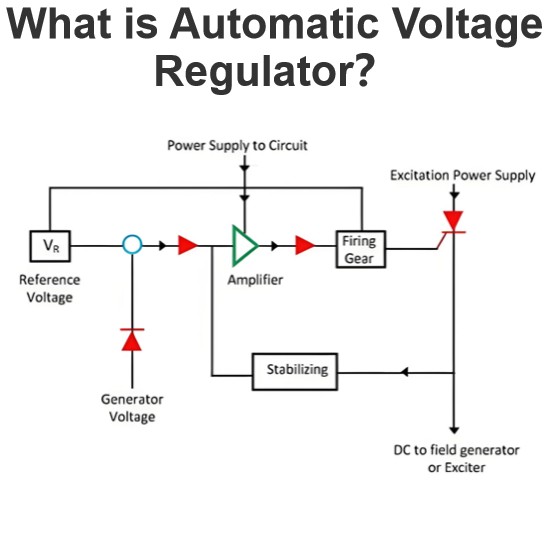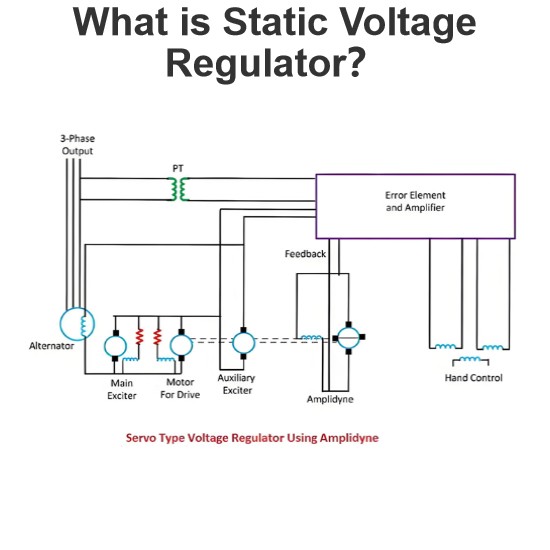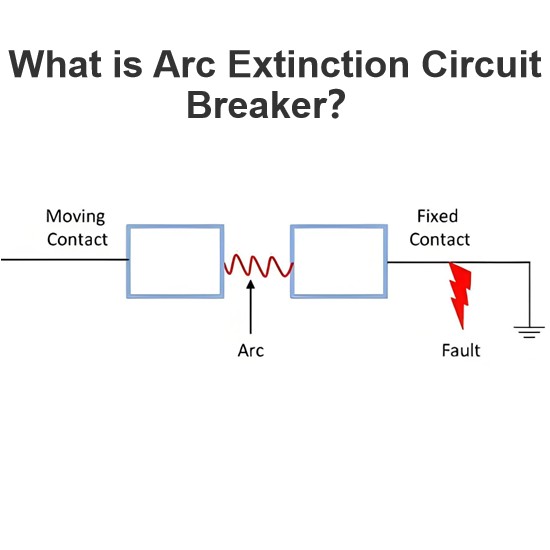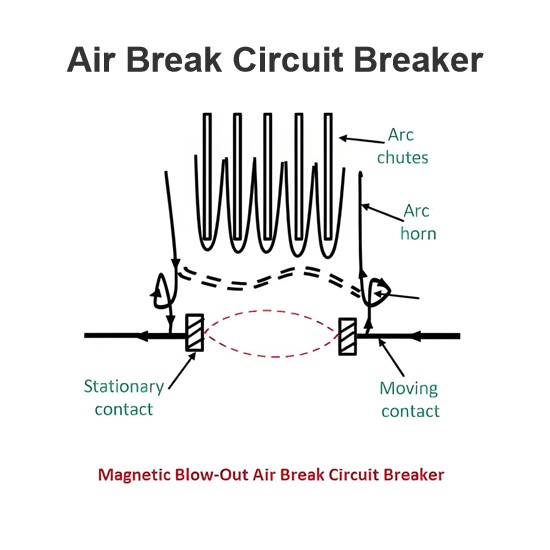What is Electrical Grid System ?
What is Electrical Grid System ?
Electrical Grid System Definition
An electrical grid system is defined as a network connecting multiple power-generating stations at a specific transmission voltage level.
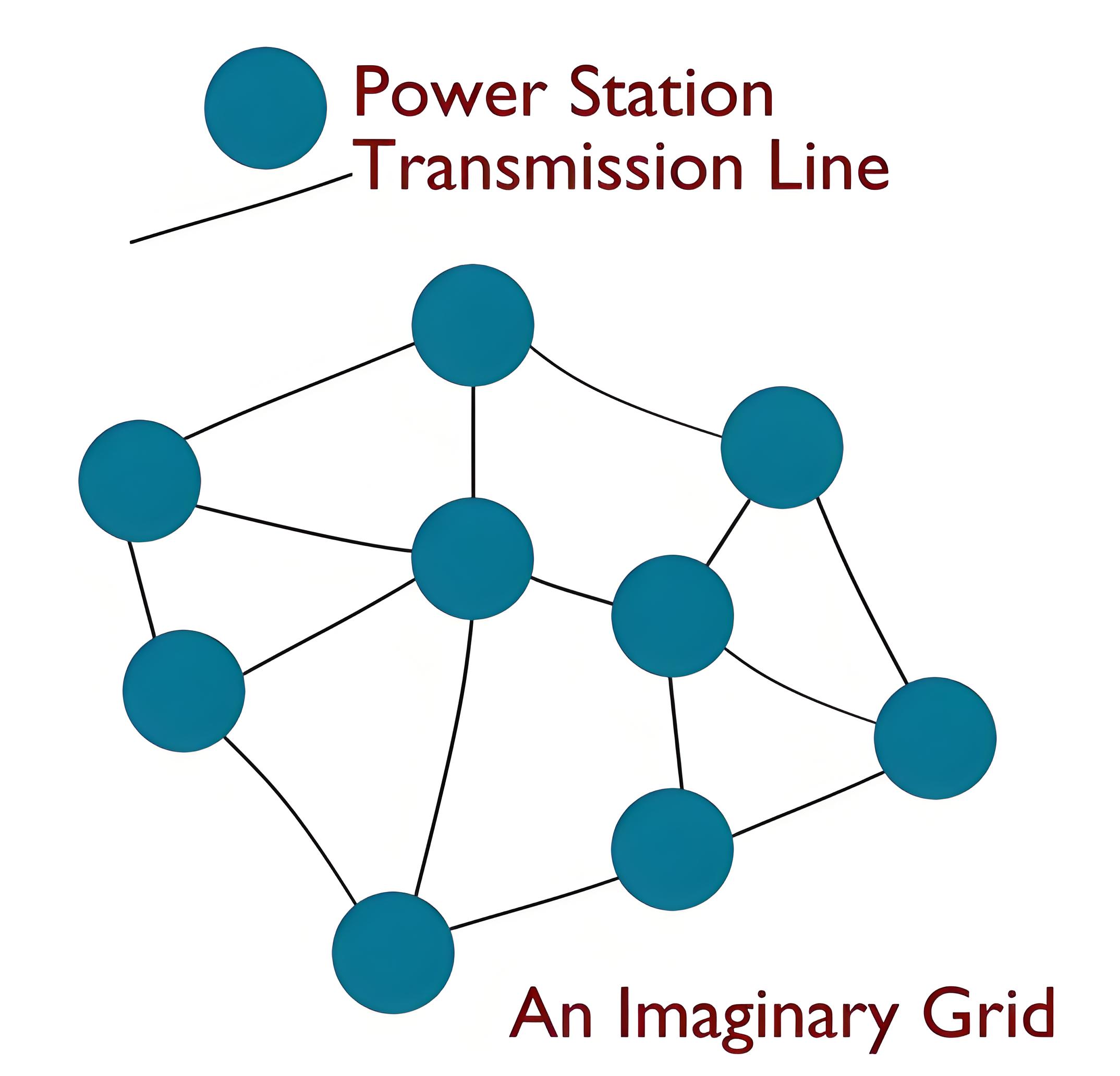
Increased Reliability
An interconnected grid boosts the reliability of the power system by sharing loads in case of generating station failures.
Load Sharing
The grid system can exchange peak loads, reducing the need for partial load shedding or increasing the generating station’s capacity.
Use of Inefficient Plants
Old, inefficient plants can be used temporarily to meet excess demand, preventing them from being idle.
Consistency and Economy
The grid covers more consumers, resulting in consistent load and economical electricity generation.
Advantages of an interconnected grid system
The interconnected grid significantly increases the reliability of the power system. If any generating station fails, the grid shares the load of that plant. Increased reliability is the most significant advantage of a grid system.
The grid system can exchange the peak load of a plant. If a generating station operates individually and its peak load exceeds its capacity, partial load shedding is required. However, when connected to a grid system, the grid carries the extra load. This eliminates the need for partial load shedding or capacity enhancement of the generating station.
Sometimes, generating authorities have old, inefficient plants that are not commercially viable to run continuously. If the system’s total load exceeds the grid’s capacity, these old plants can be run for short periods to meet the excess demand. This allows the use of old plants without keeping them entirely idle.
The grid covers a large number of consumers than that of an individual generating station. So the fluctuation of load demand of a grid is much less than that of a single generating plant. That means the load imposed on the generating station from a grid is much consistent. Depending on the consistency of the load, we can choose the installed capacity of the generating station in such a manner that the plant can run with nearly its full capacity for a significant period of time during each day. Hence the generation of electricity would be economical.
The grid system can improve the diversity factor of each generating station connected to the grid. The diversity factor gets improved because the maximum demand of the grid shared by the generating station is much lesser than the maximum demand imposed on the generating station if it runs individually.
The Electricity Encyclopedia is dedicated to accelerating the dissemination and application of electricity knowledge and adding impetus to the development and innovation of the electricity industry.
